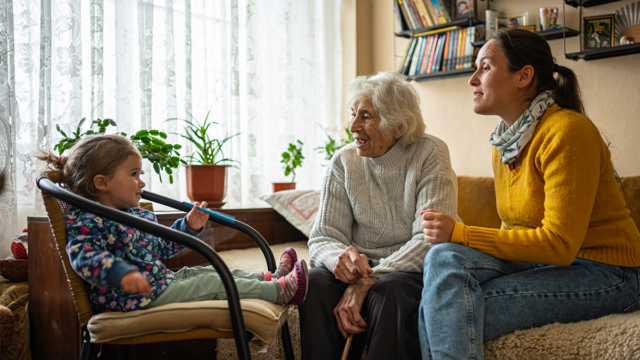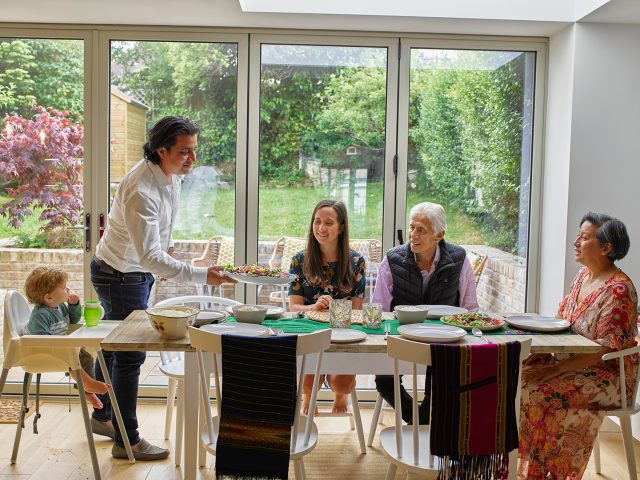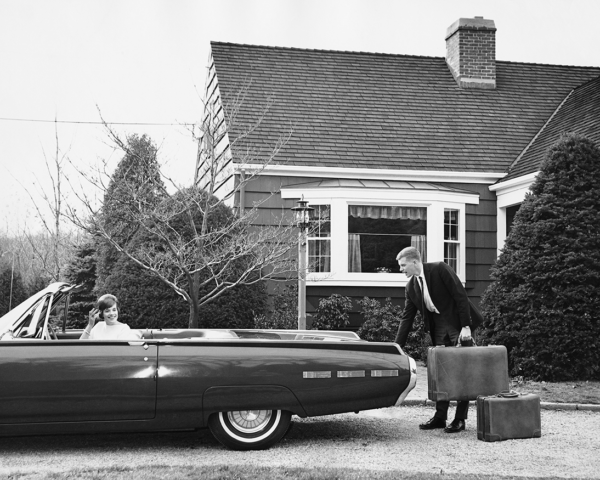
Retirees Living in Someone Else’s Home See Big Savings
More than one in five older Americans is living with other adults – adult offspring, parents, grandchildren, extended family, friends – who are not their romantic partners.
A new study examining the housing costs paid by retirees with these arrangements finds a big gulf in who is being helped.
The older adults who are guests in someone else’s home spend about $730 a month less on utilities and rent or a mortgage than the hosts who invite others into their homes to live with them, according to the University of Kentucky and Georgetown researchers.
The retired hosts, who are either homeowners or primary renters, are spending no less on housing and utilities than people who live alone or with a romantic partner.
“The financial benefits of living in shared households accrue primarily to older adults who are guests,” the researchers conclude.
As the baby boomers retire by the thousands every day, housing affordability, as well as accessibility for people with physical limitations, are becoming high-visibility policy issues. In 2021, 11.2 million retired households were spending more than 30 percent of their income on housing costs. The researchers said the higher costs paid by older people who are hosting others might indicate the need for a policy that provides them with financial support to ease their housing burdens.
They analyzed a U.S. Census survey with detailed data on living arrangements, including whether the people in their study, all over age 65, are hosts or guests, as well as their incomes, and how much each household member pays for rent, the mortgage and utilities. The bulk of older adults living with someone other than a romantic partner live in intergenerational households. The rest are either with extended family or roommates who are unrelated.
If hosts aren’t seeing any financial benefits, the researchers asked, what are they getting from these living arrangements? Perhaps they enjoy helping others. Or perhaps they hope there will be people around to help them as they age.
To read this study by Hope Harvey and Kristin Perkins, see “Shared Households as a Safety Net for Older Adults.”
The research reported herein was derived in whole or in part from research activities performed pursuant to a grant from the U.S. Social Security Administration (SSA) funded as part of the Retirement and Disability Research Consortium. The opinions and conclusions expressed are solely those of the authors and do not represent the opinions or policy of SSA, any agency of the federal government, or Boston College. Neither the United States Government nor any agency thereof, nor any of their employees, make any warranty, express or implied, or assumes any legal liability or responsibility for the accuracy, completeness, or usefulness of the contents of this report. Reference herein to any specific commercial product, process or service by trade name, trademark, manufacturer, or otherwise does not necessarily constitute or imply endorsement, recommendation or favoring by the United States Government or any agency thereof.
Comments are closed.







Perhaps they never did the math and do not realize they are not charging the renters enough and that their costs per month are more than the renters. Or perhaps they are just grateful for the extra income that allows them to pay their bills.
Hosting our offspring is necessary because this generation often can’t afford to move out, either to buy or rent at exorbitant rates. We are simply providing their safety net, though ours is hardly stable.
Does this study assume that the guest adult pays nothing for staying at the host’s home?